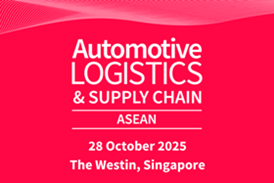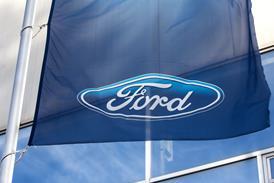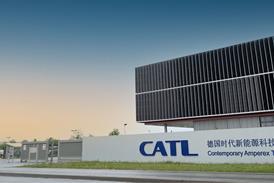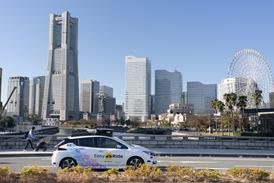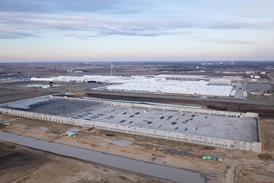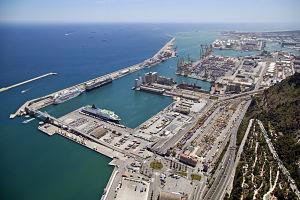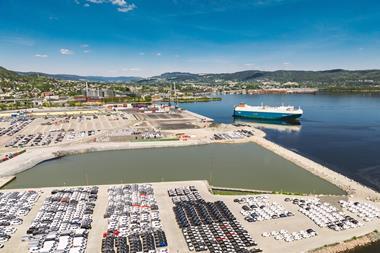
- More navigation items
- Home
- Focus
- Digitalisation
- Nearshoring
- Lean Logistics
- EV & Battery
- Sustainability
- Events
- Finished Vehicle Logistics North America
- Automotive Logistics and Supply Chain Digital Strategies North America
- Automotive Logistics & Supply Chain Global
- Automotive Logistics & Supply Chain ASEAN
- Automotive Logistics & Supply Chain Mexico 2025
- Automotive Logistics & Supply Chain Digital Strategies Europe
- Automotive Logistics & Supply Chain Europe
- Automotive Logistics Livestreams
- Watch past events on-demand
 Automotive Logistics & Supply Chain Digital Strategies North America 2025
Automotive Logistics & Supply Chain Digital Strategies North America 2025 Automotive Logistics & Supply Chain Global
Automotive Logistics & Supply Chain Global Automotive Logistics & Supply Chain ASEAN
Automotive Logistics & Supply Chain ASEAN
- Companies
- Regions
- Partner Content
- Video and Audio
- Events
- Automotive Logistics and Supply Chain Europe Insights
- Finished Vehicle Logistics North America Insights
- Automotive Logistics and Supply Chain Digital Strategies Europe Insights
- Automotive Logistics and Supply Chain Mexico Insights
- Automotive Logistics and Supply Chain Global Insights
- Automotive Logistics and Supply Chain Digital Strategies North America 2024 Insights
- Finished Vehicle Logistics North America 2024 Insights
- Finished Vehicle Logistics North America 2023 Insights
- Automotive Logistics and Supply Chain Europe 2023 Insights
- Automotive Logistics and Supply Chain Mexico 2022 Insights
- Automotive Logistics and Supply Chain Global 2022 On Demand
- Finished Vehicle Logistics North America 2022 On Demand
- Automotive Logistics and Supply Chain Europe 2022 On Demand
- Events
 Top 10 Red Sofa interviews with logistics digitalisation experts
Top 10 Red Sofa interviews with logistics digitalisation experts Red Sofa | Ben Shain on improving logistics visibility at Nissan
Red Sofa | Ben Shain on improving logistics visibility at Nissan
- News and Features
- Insight
- Magazine
- Media Pack
- Register
- Sign In









